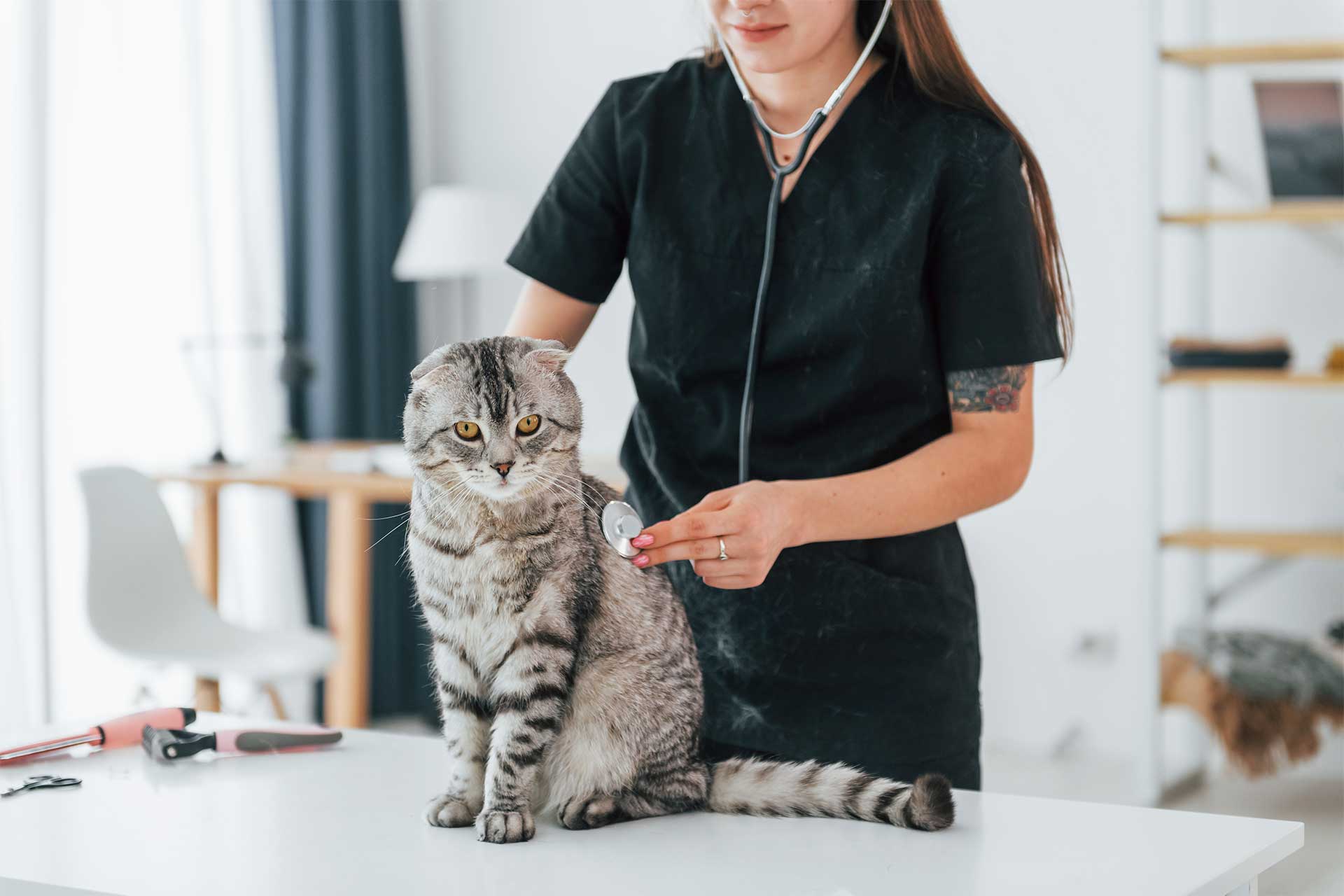
Just as it is with our health, when it comes to our pets, preventive medicine is all about staying ahead of the curve and this helps to give your best bud a life of vitality and happiness. Preventive medicine allows veterinarians to detect health problems in their earliest days, setting the stage for effective treatment and brighter weeks ahead. Even if your pet is acting normal and seems healthy, the American Animal Hospital Association (AAHA) recommends annual or bi-annual visits to your veterinarian because our pets are experts at hiding health conditions.
Preventive medicine covers everything from regular wellness examinations, vaccinations, parasite control, spaying and neutering, dental health, weight control and nutrition management.
But there’s even more to it! Alongside regular wellness checks, regular testing is vital to get the inside scoop on your pet’s health. Regular testing may vary based on your veterinarian’s recommendations, but they can include:
Bloodwork & Urinalysis: These provide a comprehensive view of your pet’s internal systems, helping us identify issues related to organs like the liver, kidneys, and more. These tests can also serve as a baseline for comparison in the future. Studies have shown that some pets visiting the veterinarian have normal physical examinations, but significant abnormalities in their bloodwork. By obtaining a small blood sample, healthcare professionals can gain valuable insights into a patient’s overall health, including kidney and liver function as well as blood cell status.
Fecal Testing (Internal Parasites): Regular fecal testing is crucial for identifying the presence of internal parasites such as worms (e.g., roundworms, hookworms, tapeworms) and protozoa (e.g., Giardia, coccidia) in your pet’s gastrointestinal tract. These parasites can adversely affect your pet’s digestive health, nutrient absorption, and overall well-being. Early detection through fecal testing enables prompt treatment, preventing the spread of parasites to other pets and minimizing the risk of transmission to humans (zoonotic diseases). Fecal testing is especially important for puppies and kittens, as they are more susceptible to parasitic infections.
Dental Screening: Regular dental screenings help us assess your pet’s oral health and identify potential issues such as gum disease, tooth decay, or infections. Maintaining good oral hygiene is crucial for your pet’s overall well-being, as dental problems can lead to systemic health issues if left untreated.
Heartworm Testing: Heartworm can be life-threatening for pets. Regular testing allows us to detect the presence of heartworms early on. Prevention and early intervention are key in managing this disease, which is primarily transmitted through mosquito bites. Testing also ensures that your pet is on an appropriate preventive medication.
Transmissible Diseases: Testing for transmissible diseases, such as feline leukemia virus (FeLV) or feline immunodeficiency virus (FIV) in cats, helps us identify and manage these conditions. Early detection is essential for implementing appropriate care and preventing the spread of these diseases to other animals
Preventive medicine, with its emphasis on early detection and proactive health management, makes treatment so much more effective and efficient and gives us the best chance of achieving a long and happy friendship with you and your furry best pal.
So, don’t wait for symptoms to appear. Be proactive about your pet’s health, and schedule regular check-ups!


